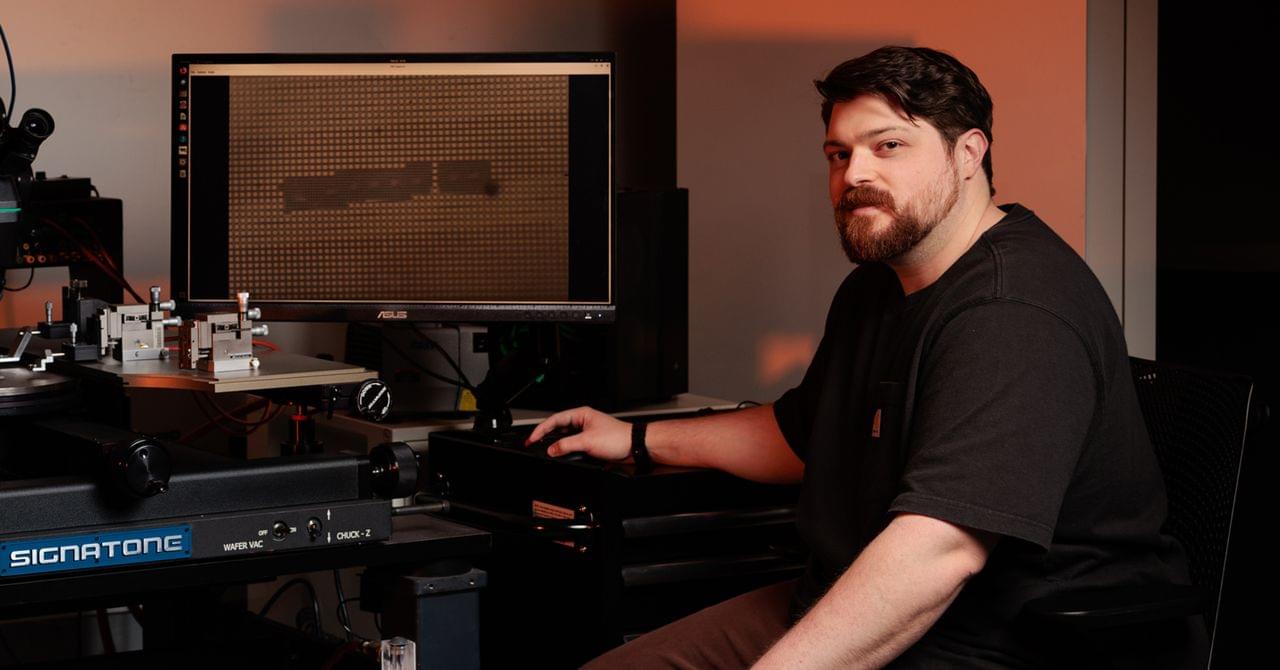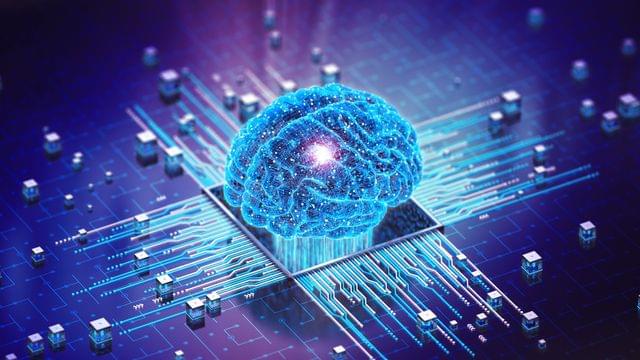This is completely different to what anyone else is doing in the field of AI.






Artificial Intelligence is evolving rapidly, bringing us closer to the Singularity—a future where AI surpasses human intelligence. This shift could transform every aspect of life, from jobs to technology, creating both exciting possibilities and significant risks. As AI continues to advance at an unprecedented pace, understanding its impact on society is more crucial than ever.
🔍 Key Topics Covered:
The rapid evolution of AI and its connection to the looming Singularity, where machines may surpass human intelligence.
How AI could reshape industries, jobs, and even human life as we know it.
The potential risks of uncontrolled AI growth, including the rise of misinformation, biased outcomes, and the threat of AI-designed chemical weapons.
The need for a global governance framework to regulate and monitor AI advancements.
The ethical and philosophical questions surrounding AI’s role in society, including its impact on human consciousness and labor.
🎥 What You’ll Learn:
The rapid advancement of artificial intelligence and its potential to reach the Singularity sooner than expected.
How AI systems like neural networks and symbolic systems impact modern technology and the dangers they pose when left unchecked.
The role AI could play in jobs, governance, and the potential for global cooperation to ensure safe AI development.
Insight into real-world concerns such as disinformation, biased AI systems, and even the possibility of AI leading to catastrophic societal changes.
📊 Why This Matters:
These developments highlight the critical need for responsible AI governance as the technology progresses toward potentially surpassing human intelligence. Understanding the rapid growth of AI and its implications helps us prepare for the future, where machines could fundamentally change society. Whether you’re interested in technology, philosophy, or the future of work, this content offers an in-depth look at the powerful impact AI will have on the world.
*DISCLAIMER*:
The content presented is for informational and entertainment purposes, offering insights into the future of AI based on current trends and technological research. The creators are not AI experts or legal professionals, and the information should not be taken as professional advice. Viewer discretion is advised due to the speculative nature of the topics discussed. The views expressed are those of the content creator and do not necessarily represent any affiliated individuals or organizations.
#ai.
They will build neuromorphic chips that using nanotechnology will combine neuronet and symbolic AI.
Provided to youtube by beggars group digital ltd.
Down in the Park (1998 Remaster) · Gary Numan · Tubeway Army.
Replicas.
℗ 1979 Beggars Banquet Records Ltd.
Molecular nanotechnology, life extension, AI, biostasis, and the real threats to the future
Imagine a robot that can walk, without electronics, and only with the addition of a cartridge of compressed gas, right off the 3D-printer. It can also be printed in one go, from one material.
That is exactly what roboticists have achieved in robots developed by the Bioinspired Robotics Laboratory at the University of California San Diego. They describe their work in an advanced online publication in the journal Advanced Intelligent Systems.
To achieve this feat, researchers aimed to use the simplest technology available: a desktop 3D-printer and an off-the-shelf printing material. This design approach is not only robust, it is also cheap—each robot costs about $20 to manufacture.

To prevent similar incidents from reoccurring in the future, Cloudflare has improved credential logging and verification and now mandates the use of automated deployment tooling to avoid human errors.
The company is also updating standard operating procedures (SOPs) to require dual validation for high-impact actions like credential rotation and plans to enhance health checks for faster root cause detection.
Cloudflare’s R2 service suffered another 1-hour long outage in February, which was also caused by a human error.